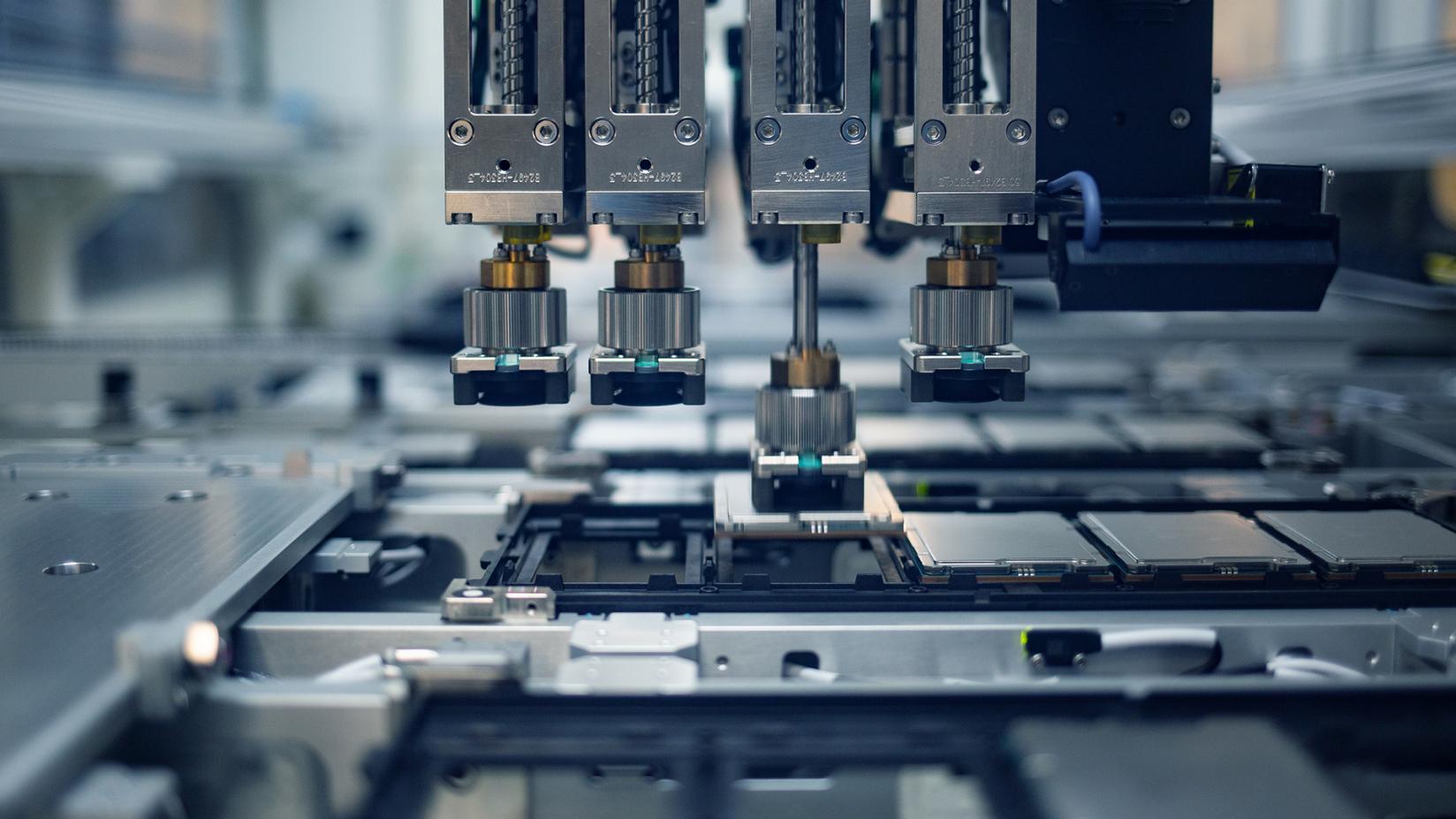[ad_1]
OpenAI reportedly working with Broadcom, TSMC to manufacture first AI chip in 2026 with focus on inference tasks
OpenAI is working with Broadcom and Taiwan’s TSMC on its first in-house artificial intelligence (AI) accelerator chip and is adding AMD AI chips alongside its existing Nvidia installations, in efforts to diversify its supply of specialised processing power, Reuters reported.
The moves come at a time when surging demand for AI infrastructure of all kind has led to shortages of Nvidia chips, which hold about 80 percent of the AI accelerator chip market, leading to rising prices.
OpenAI’s chip plans were first reported a year ago, but the report indicates the ChatGPT developer has moved further toward production since then.
Start-up OpenAI, valued at some $157 billion (£121bn) in a recent $6.6bn funding round, is one of the biggest purchasers of Nvidia’s AI chips, meaning that its moves in the market have significant implications.

In-house designs
Following the Reuters report, shares in Broadcom jumped to close 4.5 percent higher, while AMD shares closed up 3.7 percent.
AMD launched its MI300X AI chip in the fourth quarter of 2023, positioning it as a direct competitor to Nvidia’s top-end AI chips, and has projected $4.5bn in AI chip sales this year.
OpenAI is planning to use AMD chips alongside Nvidia chips via Microsoft Azure cloud infrastructure deployments, the report said.
OpenAI initially considered producing its own in-house chips by establishing a network of its own foundries, but abandoned that plan due to the costs and time involved, according to the report, which cited unnamed sources.
Instead it is focusing on creating in-house designs, and has been working with Broadcom for months on its first AI inference chip after talks with Broadcom were reported in July.
The company uses AI chips for both training its language models and for less processor-intensive inference tasks, the predictive process of generating text or images.
Inference chips
Demand is currently greater for training chips, but pressure could move to inference chips with growing deployment of generative AI applications.
Broadcom works with clients such as Google on fine-tuning chip designs for manufacturing, and also supplies high-bandwith interconnects that play a critical role in large infrastructure deployments.
OpenAI is still considering whether to develop or acquire other elements for its designs and may engage with other partners, the report said.
It reportedly has an internal chip team of about 20 people, led by engineers who worked on Tensor Processing Units (TPUs) at Google, including Thomas Norrie and Richard Ho.
Through Broadcom, OpenAI has secured manufacturing capacity with contract manufacturing leader TSMC to produce its first custom-designed chip in 2026, although the timetable could change.
OpenAI has held back from poaching engineering talent from Nvidia as it wishes to maintain good relations with the company, in part to ensure its ability to access next-generation Blackwell chips.
Generative AI requires heavy expenditure on compute infrastructure and services including hardware, power and cloud services for model training and inference, putting pressure on companies to optimise utilisation and diversify suppliers.
AI anticipation
OpenAI, whose biggest single backer is Microsoft, has projected a $5bn loss this year on $3.7bn in revenue, with compute costs being its largest expenditure.
Microsoft, Meta, Google, Amazon and others have made similar moves to develop in-house and external supplies for AI resources.
AMD, Alphabet, Meta, Microsoft and Apple are all reporting earnings this week, with many investors expecting the firms to see revenue increases from their AI investments, such as those reported by Google parent Alphabet.
Such anticipations led the tech-heavy Nasdaq Composite index to reach a new record close on Monday, rising 0.78 percent to 18,712.75.
[ad_2]
Source link


